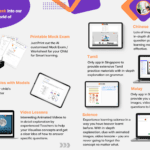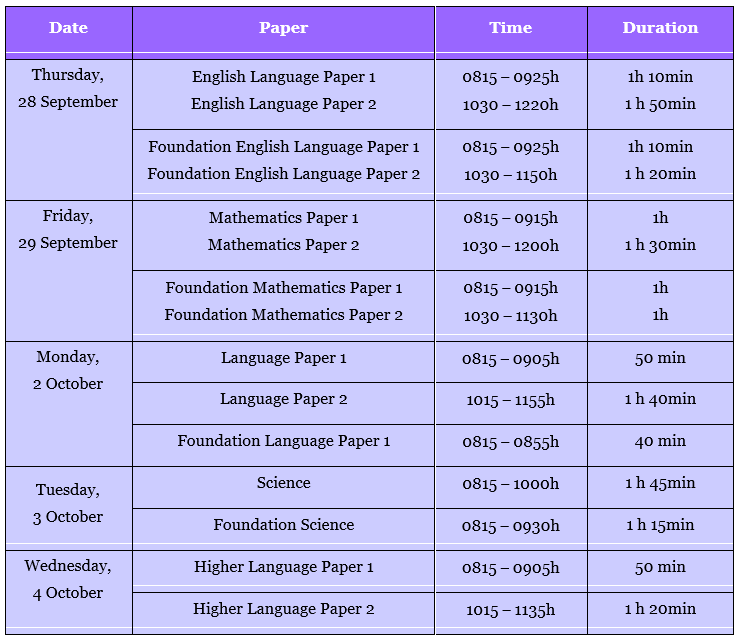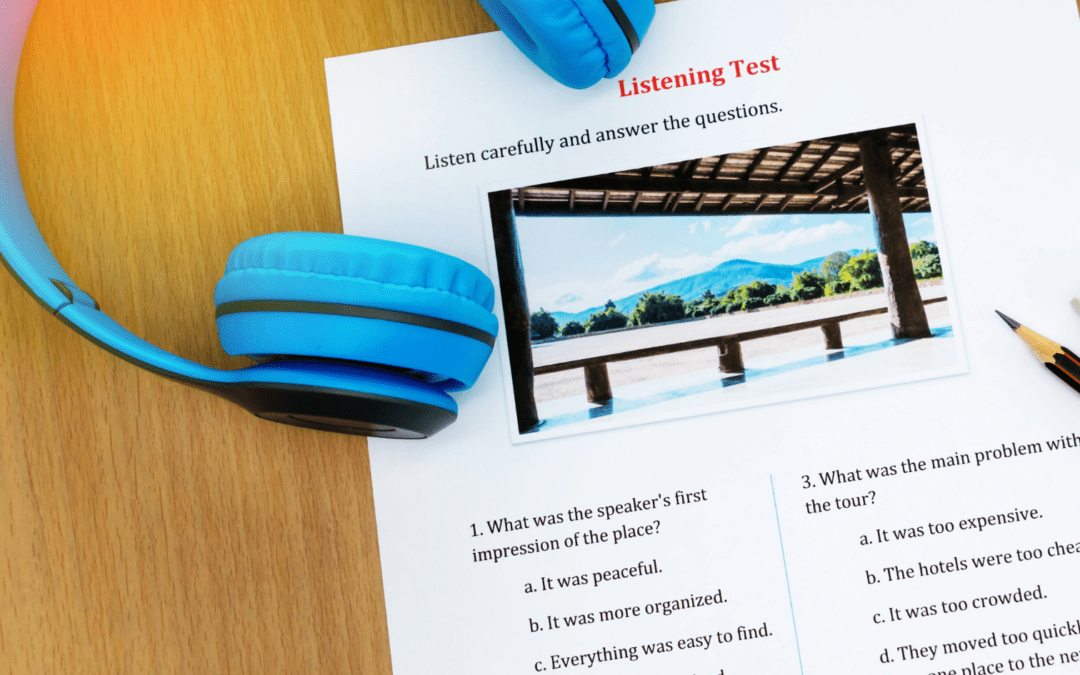From Assessment to Enrichment: Shifting the Focus
Education is a complex journey of intellectual and personal growth. Traditionally, mid-year examinations have been used as checkpoints to evaluate a student’s learning progress. However, there are multiple other ways to assess a student’s understanding, such as regular assignments, quizzes, and classroom interactions. These methods not only provide an opportunity for timely feedback but also enable students to improve their learning strategies and habits.

The over-reliance on examinations can often limit students’ perspective on learning, making it a means to an end, rather than an enduring and lifelong process. Therefore, removing the mid-year exams aims at reorienting this view and nurturing a more intrinsic motivation for learning.
Stress Management: Not the Sole Purpose
Contrary to popular belief, the removal of mid-year examinations is not primarily aimed at reducing stress. Stress factors in students’ lives are numerous and complex, and cannot be resolved merely by eliminating an exam. Instead, this bold step is intended to free up time for a more paced out and diversified learning experience.
Feedback Loop: Teachers, Students, and Parents
Since the implementation of this no mid-year examination policy in primary and secondary schools, the Ministry of Education (MOE) has received positive feedback. Teachers, students, and parents alike have reported that this new approach has facilitated a more comprehensive learning experience. Over time, this is expected to bolster the students’ intrinsic motivation to learn, not merely for the sake of passing exams, but for the sheer love of knowledge and lifelong learning.
The MOE will continue its collaboration with parents and schools to foster students’ passion for learning. Any concerns or suggestions are always welcome and can be addressed to teachers for further discussion and resolution.
Nurturing Joy for Learning: The Learn for Life Movement
In a progressive move towards cultivating the joy of learning, the MOE has introduced several policy changes under the Learn for Life movement. The removal of mid-year examinations for all remaining levels in primary and secondary schools by 2023 marks another significant stride in this direction.
With no mid-year exams, schools have reported having more time to provide a plethora of learning experiences tailored to individual student needs. Feedback from students indicates that they now have more opportunities to explore their interests and identify their strengths.
Beyond Exams: Regular Assessments and Well-Rounded Development
Despite the absence of mid-year exams, schools still have regular assessments in place. These assessments are instrumental in monitoring students’ learning progress, identifying strengths, and addressing learning gaps. With no mid-year exams, students have more time to act on teachers’ feedback and improve their learning progress.
This shift towards a more holistic education is all about nurturing well-rounded students who can thrive in real life, not just in academics. The emphasis is on creating self-directed learners who can adapt, grow, and succeed in an ever-changing world, fuelled by an innate love for learning.



















